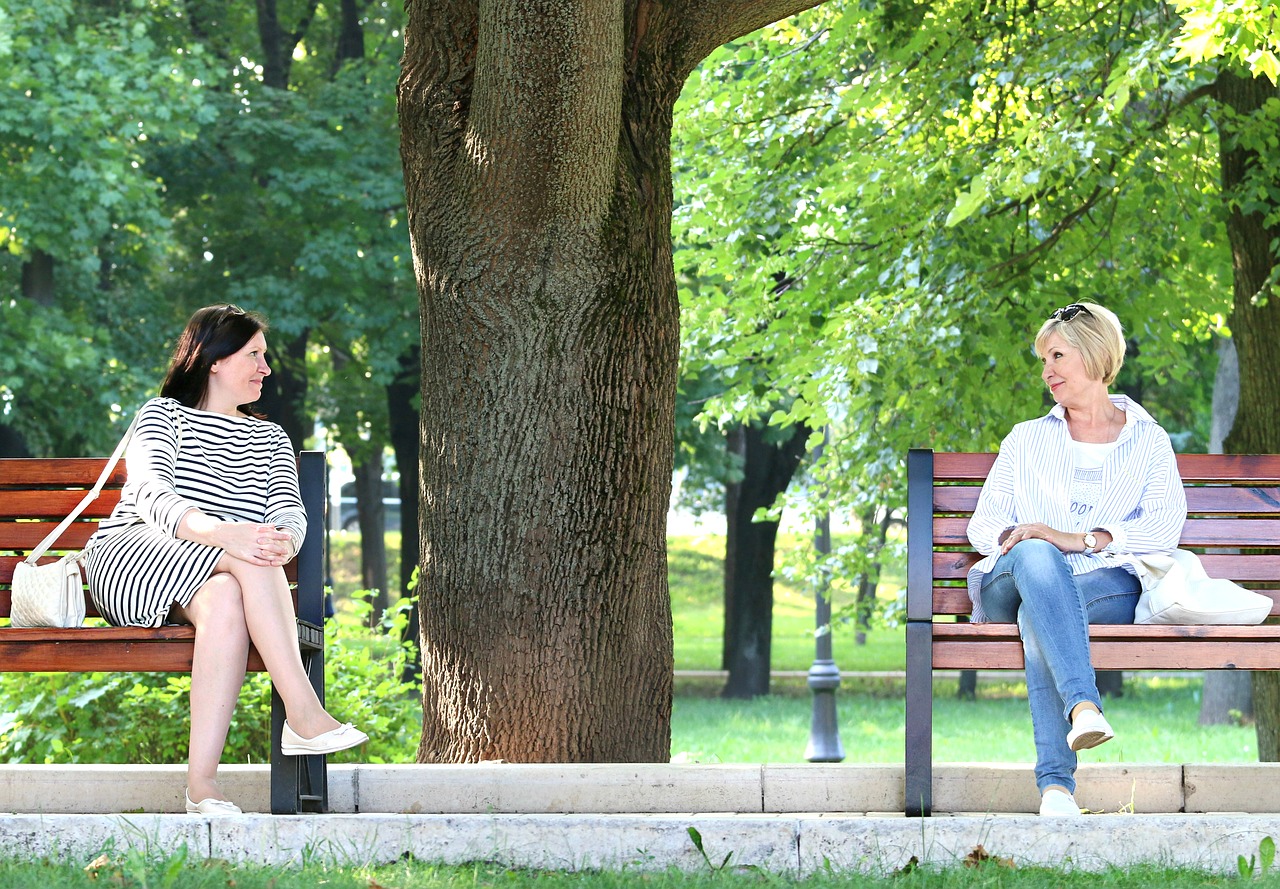
There’s something otherworldly about a good conversation. The right kind, impossible to manufacture, can bring about connection, warmth and hope to those lucky enough to experience it. Often, the way to these warm, expansive conversations requires someone trekking through the muck of pain, despair or anxiety. I’ve been fascinated by the human desire for connection through deep conversations for as long as I can remember, and I wanted to become an EcoFaith intern the moment I read about the practice of “Discovering our Stories”.
“DISCOVER our Stories: Consciously recognize the power of God’s presence at work within our lived experience, the lives of others, and the stories of the places we live.” ecofaithrecovery.org/practices
As I started this project, the only stories I could imagine collecting were the stories of those around me. As time as progressed, I have realized that discovering my own story is just as urgent and relevant. As important as it was to create the proper space to invite reflection with those I interviewed, it was equally important to value and observe my own experiences. Working on my own story has required some shared wisdom of mentors and elders and time spent wrestling over journal entries and long hikes. I can find threads of my own spiritual connection to nature that date back to my childhood, the roots growing into meaningful and world widening experiences I have just now taken some time to recognize. I look forward to sharing with my EcoFaith peers and mentors the way my view of my own spiritual connection to nature has changed throughout my project.
Currently, I’ve been looking at some of the reasons why the threads connecting our stories have become so important to me. I believe the skeptics, critics and researchers who state that our society is becoming increasingly polarized. We seek out those who we agree with, we move closer and strengthen and support the same worldviews. I know firsthand the awkwardness of conversations with friends and family turned sour by politics. The solution can’t be to draw closer to those who agree with us, when those we love would remain on the outside. The only way out must be through the rough conversations, overcoming hurt feelings and burned bridges. The way out of this mess must include fostering a deep sense of connection despite obvious differences.
At our EcoFaith retreat- Sarah Holst quoted Solveig as saying we should listen to the stories of those around us carefully, treating them “like a newborn baby”. That image has weighed heavily on me since our retreat, and I have come to understand with surprise that this concept applies both when someone is sharing an experience of pain and self-doubt, but also when someone is saying something I disagree with.
It isn’t earth shattering that it’s hard to listen to those who disagree with us in theory, but in practice, it has to be one of the most difficult spiritual callings we can engage in.
Can I see through to the scars and fear and negative past experiences when someone is challenging my worldview, sharing inflammatory Facebook posts, or using faulty logic and research to support their agenda? Can I hold their story like that of a newborn baby, fragile but also full of promise and hope? Can I choose to respond with dignity and respect for the other, regardless of how far apart we are on the political spectrum?
To sign up to receive these blog post directly to your email account, click here or on the link in the upper right sidebar of any page at ecofaithrecovery.org.
Please feel free to share this post with others and use the field below to post your thoughts on this topic. Thanks!
